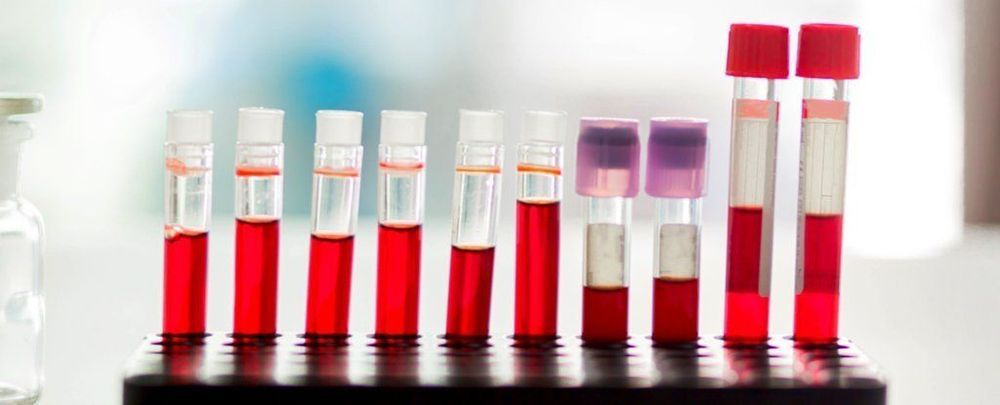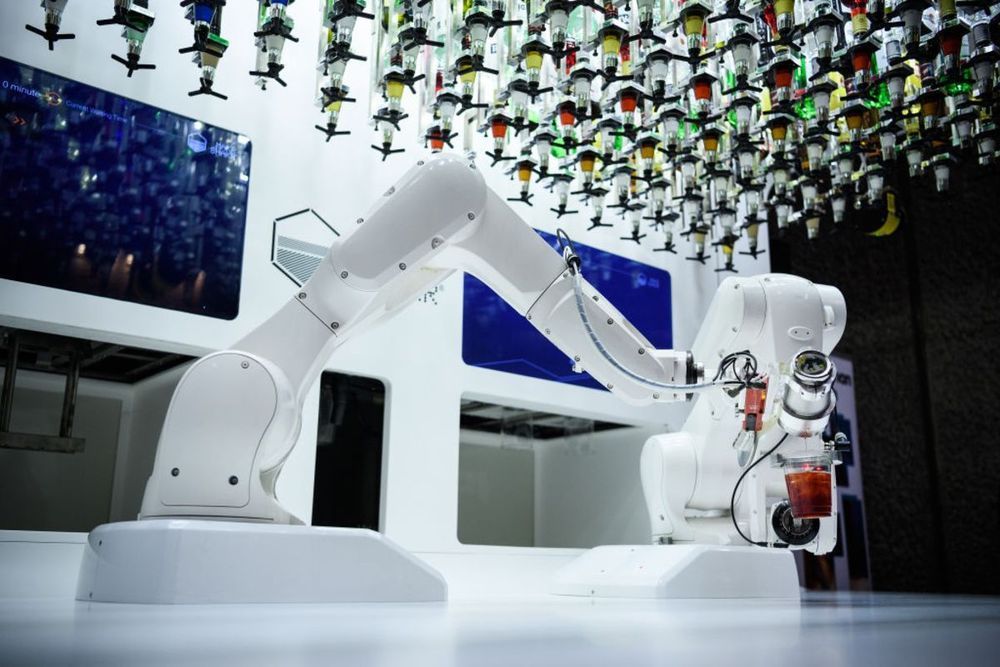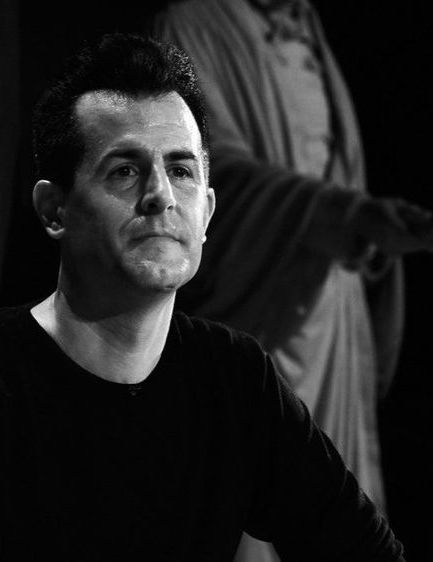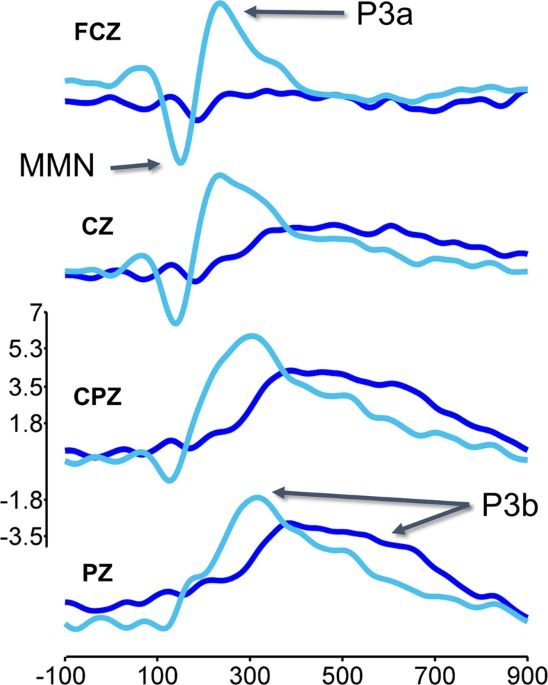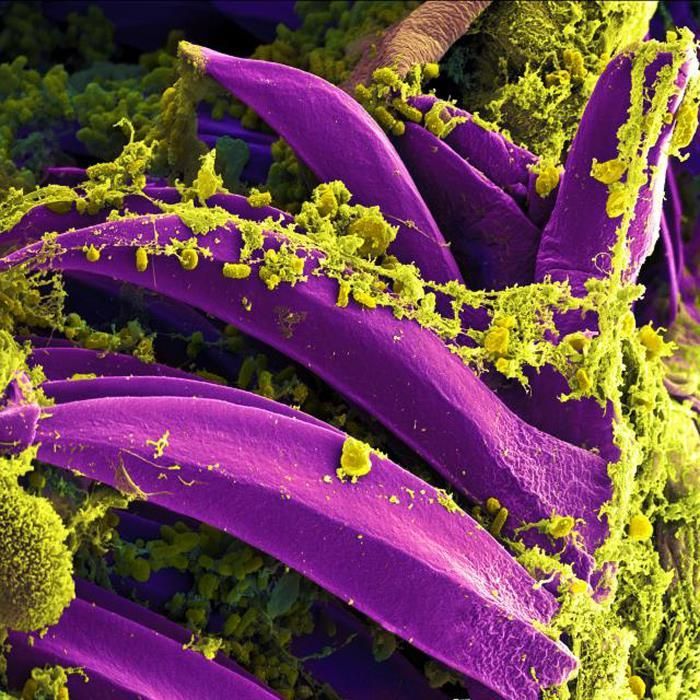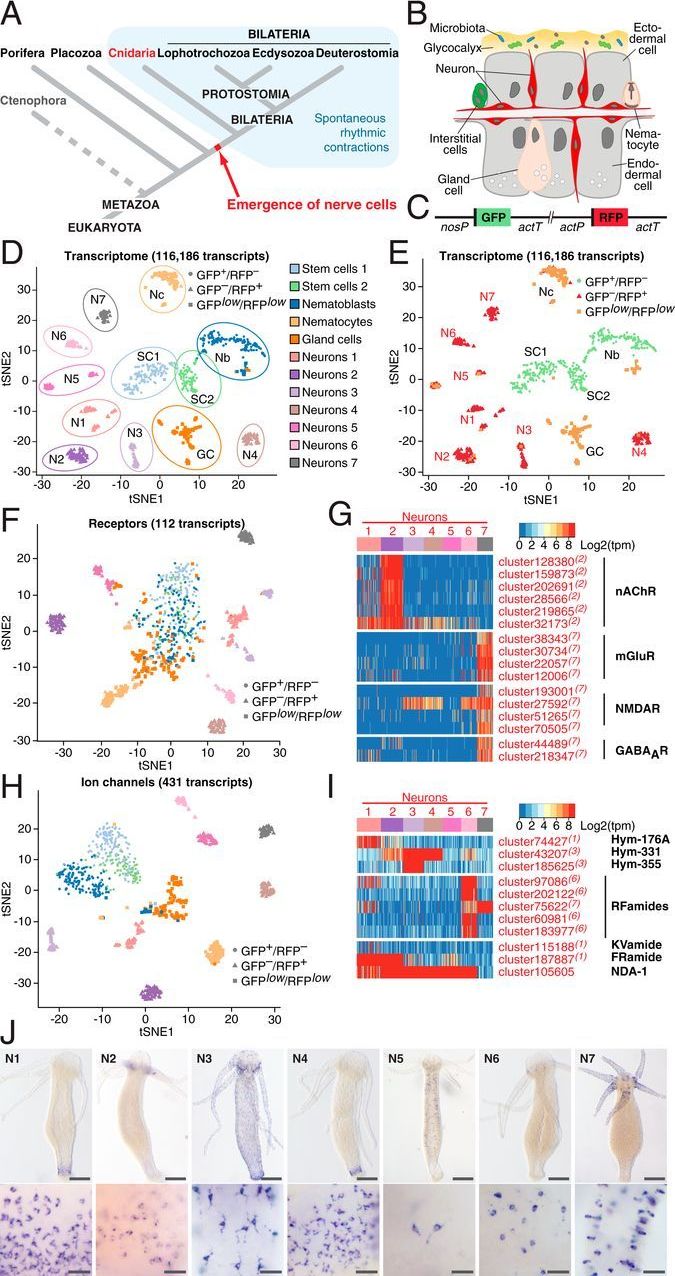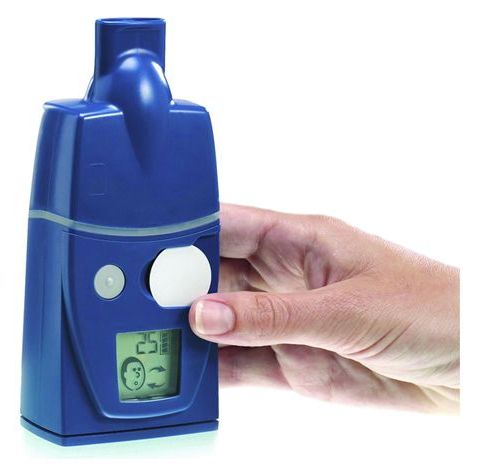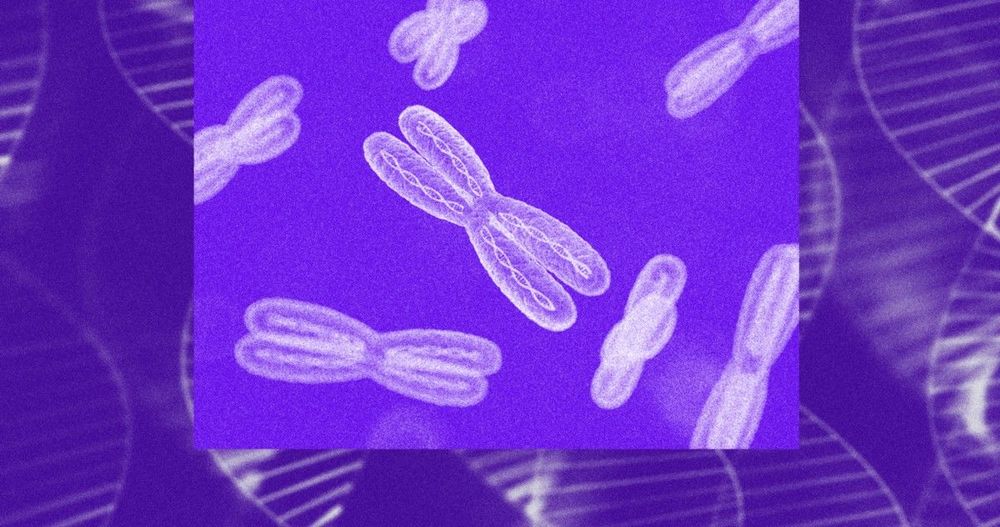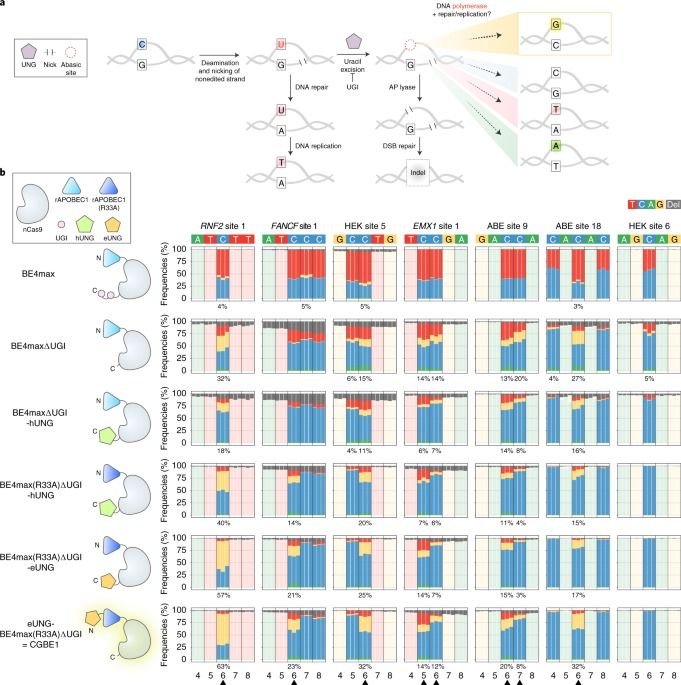A blood test has been shown to detect five types of cancer years before the diseases could be spotted using conventional diagnostic methods, according to a study published Tuesday.
Developed by a Sino-US startup, the test found cancers in 91 percent of people who showed no symptoms when the blood sample was collected but were diagnosed one-to-four years later with stomach, esophageal, colon, lung or liver cancer, researchers reported in Nature Communications.
“The immediate focus is to test people at higher risk, based on family history, age or other known risk factors,” said co-author Kun Zhang, head of the bioengineering department at the University of California San Diego and an equity holder in Singlera Genomics, which developed the test.
